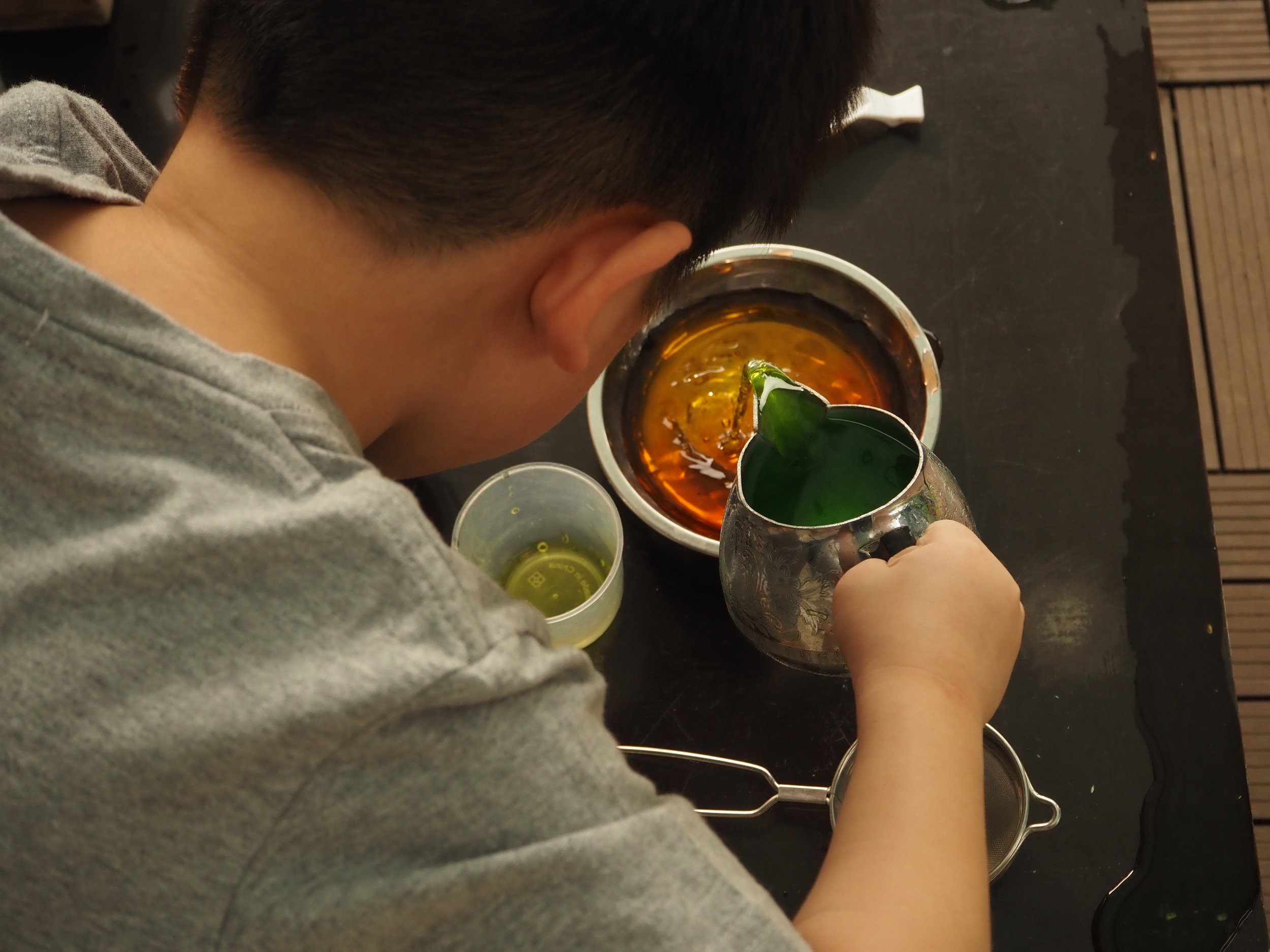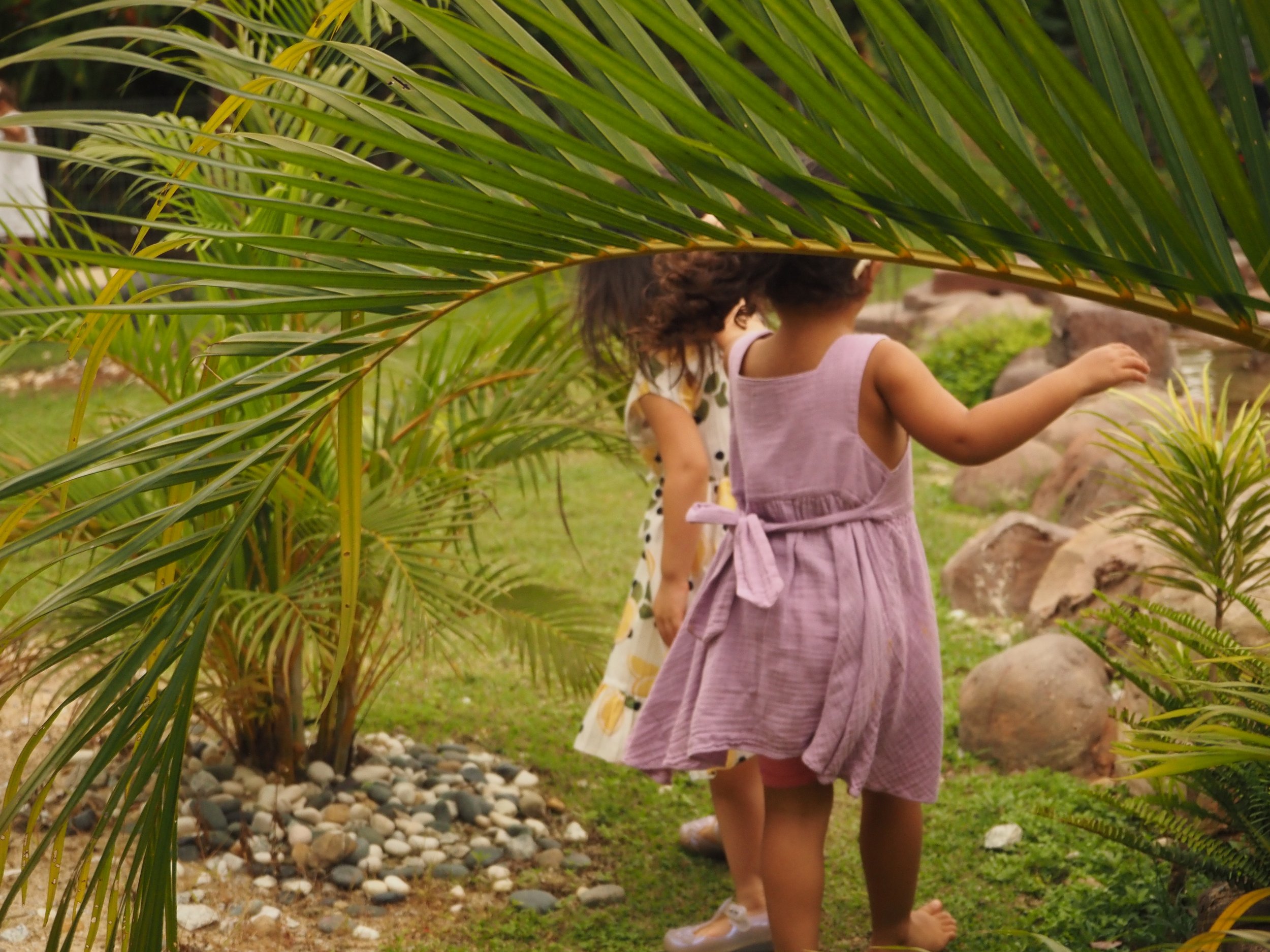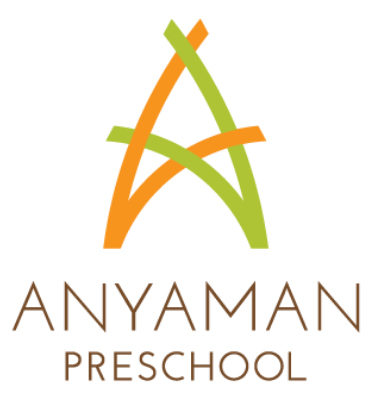


The Reggio Approach
The Reggio Approach
Shortly after World War II, Loris Malaguzzi, a young teacher and the founder of this unique system, joined forces with the parents in the city of Reggio Emilia, Italy to provide childcare for young children. Over the last 70 years, the Reggio Approach has developed into a unique program that has captured the imagination of early childhood educators worldwide.
Looking at this complex system of education is fascinating and challenging. Children from the Reggio Emilia schools consistently produce work that is of extremely high quality, so much so that samples of this work regularly travel on exhibition across the globe. This invites us to reimagine the possibilities, pushing the boundaries of our beliefs about young children’s capabilities.
Some of the salient features of the Reggio Approach include:
Relationships & Collaboration – The environment in Reggio schools is designed to allow group interactions rooted in strong relationships. Many projects, especially those that are more complex in nature, are collaborative efforts amongst groups of students rather than individual work.
Documentation – Teachers spend time every day documenting children’s learning processes in the Reggio schools. Rather than ‘report cards’, teachers develop ‘process portfolios’, recording the thinking and learning that occurs during a project, which can serve as a basis for discussions between teachers, students and parents.
Long term projects – Reggio preschools are famous for complex, long term projects. These projects are not predetermined by the teachers; rather, project topics are developed based on the students’ interests, thoughts and ideas.

the anyaman approach
the anyaman approach
Anyaman Preschool remains true to the spirit of the Reggio Emilia approach, while deeply cognizant of the fact that we are breaking ground in a unique, Malaysian context.
We believe in the immense power of investing in the challenging but often invisible work of building relationships and fostering socio-emotional skills in young children. We know that this is the cornerstone upon which the beautiful, complex projects that we see in our school are built. As such, it forms a central part of our curriculum.
Our emergent curriculum is responsive to the needs and interests of the group, identified by our teachers through close observation. Our daily classroom journals and longer term forms of documentation provide the basis for deep reflection and the development of curriculum that is both intellectually ambitious and meaningful for children and teachers alike.
